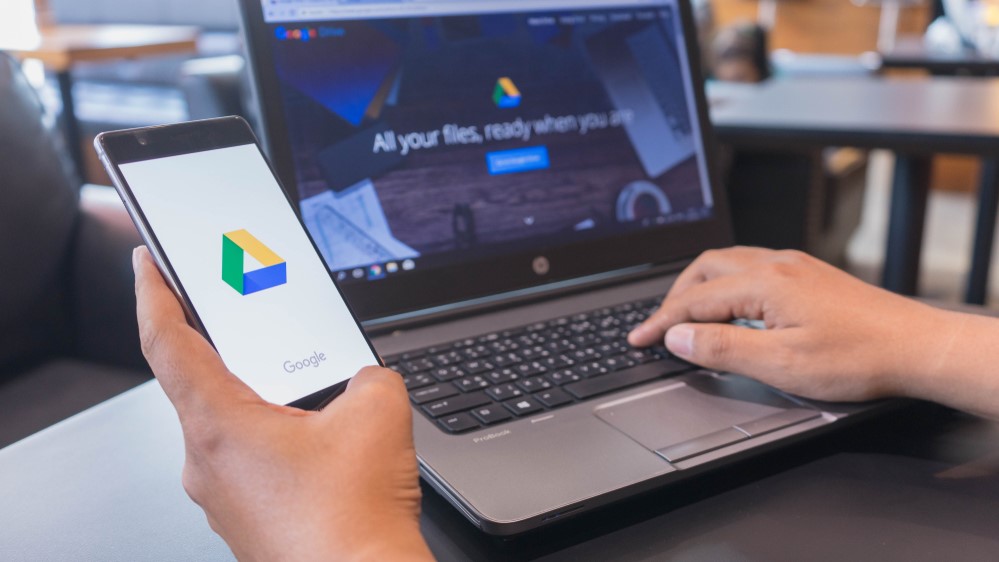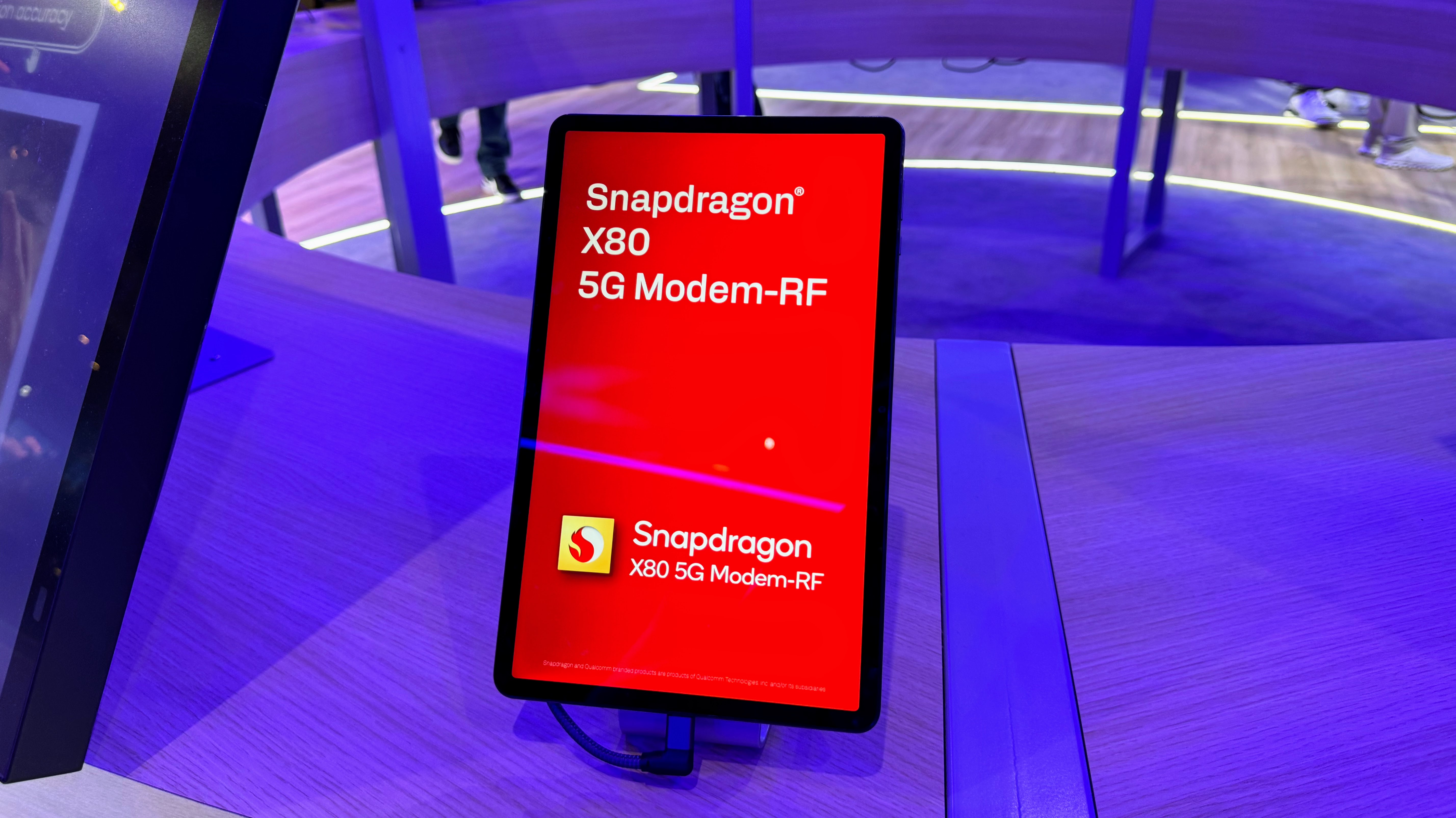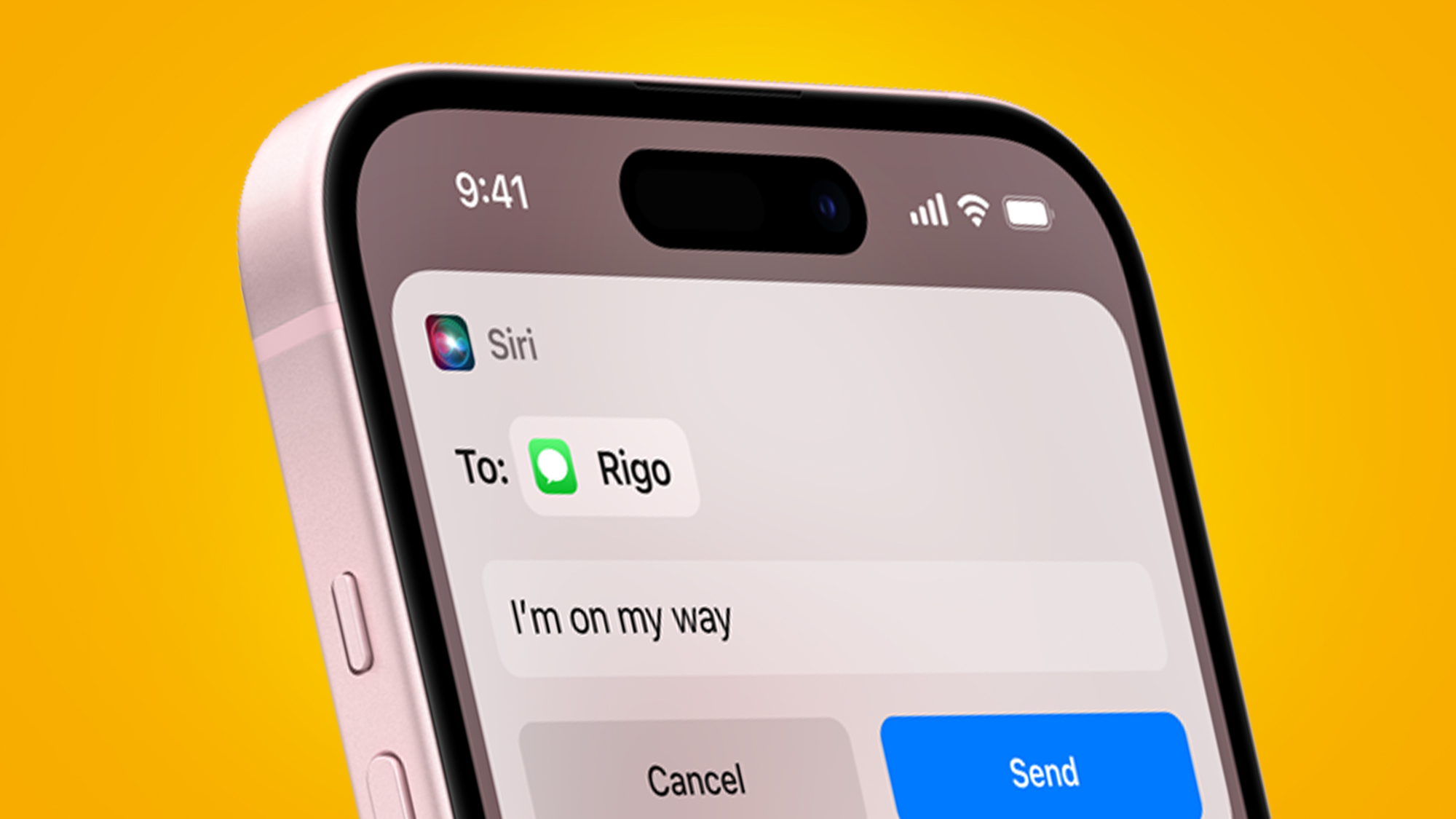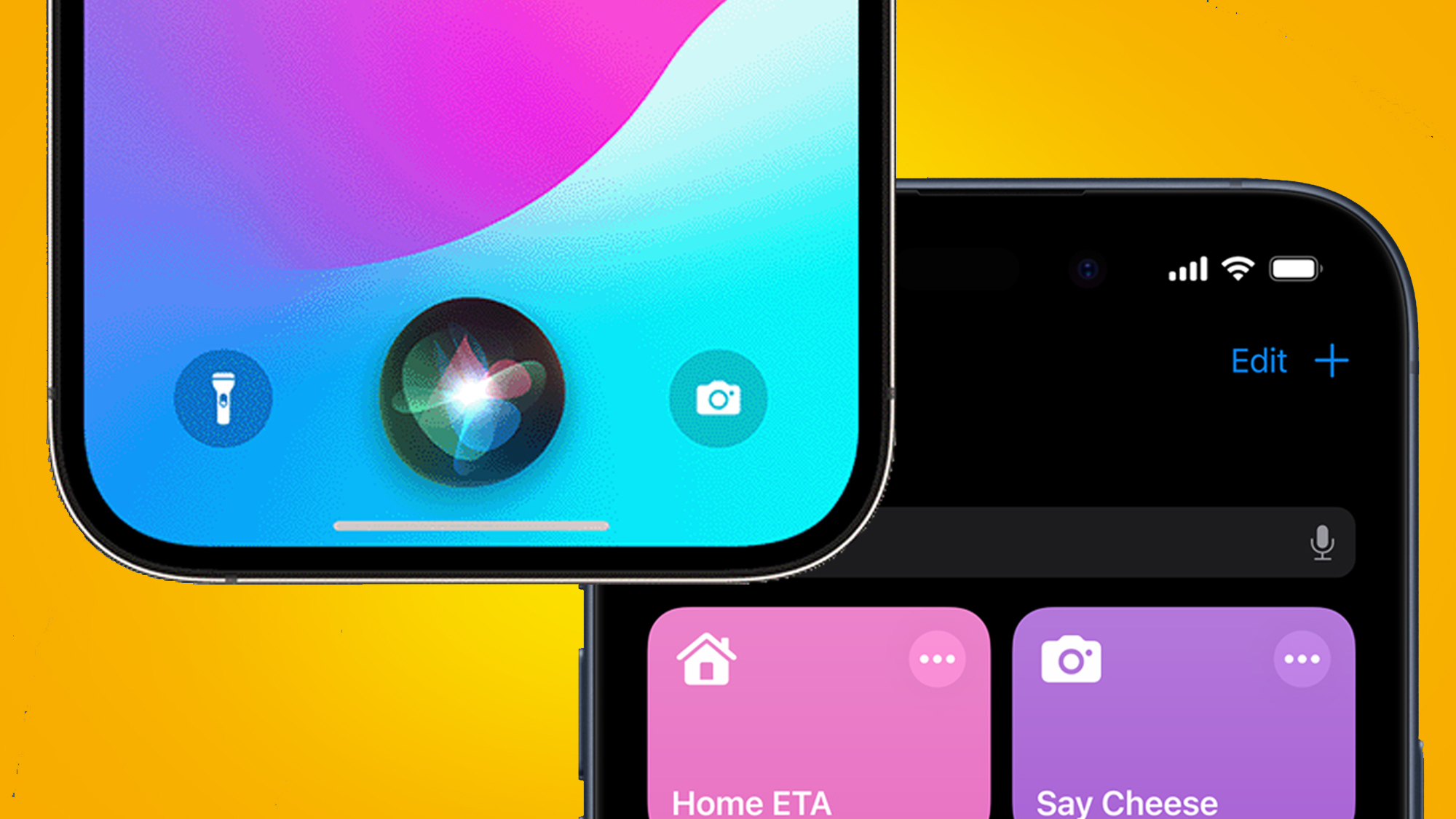Google is leveling up Google Drive with several shiny new improvements, such as speeding up the loading times of videos and introducing search filters.
The speedier loading times will come thanks to Google’s addition of DASH transcode technology, which lets Drive adapt video quality based on the user’s network conditions. The improved search filters for Drive, which have been in development since at least October 2023, are limited to iOS for now - but Android users can look forward to these very soon.
For the uninitiated, Google Drive is a popular cloud file storage service and it’s an integral part of Google’s suite of productivity apps known as Google Workspace. Google Workspace apps like Drive and Docs get a lot of praise for being intuitive and interfacing well with one another, as well as for their overall functionality. One of the features that gets a lot of love is Google Drive’s uploading and sharing capabilities for video, in part thanks to the sharing tools in the Android share sheet.
Unfortunately, Google Drive’s video playback wasn’t up to the same high standard as the rest of Google Workspace - and this stuck out like a sore thumb since Google also runs the video hosting giant, YouTube.
Faster video for Google Drive incoming
That looks like it’s about to change, with the Google Drive team announcing these new features and improvements in a Google Workspace blog post. It will be adding DASH (Dynamic Adaptive Streaming over HTTP) transcodes to help process any videos hosted on Drive. This technology helps facilitate adaptive bitrate playback (the rate at which data is processed and sent during video and audio playback), which is adjusted to offer higher or lower-resolution video based on factors like the quality of the local network connection of the user. This development should result in improved “join times,” which refers to the time taken from the user clicking on the video to the start of playback.
The newly applied DASH transcodes will affect new videos that are applied to Google Drive from here on out, while existing videos will be updated to comply with this change by the end of the year, according to Google.

But wait! Better search filters are being added, too
Along with the boost to video loading times, another feature that’s coming soon is the souped-up search filters that will soon be included in the Google Drive app for Android and iOS. These were spotted by Android Police back in October, hidden under code flags, with the web version receiving them first back in November.
Now, these improved search filters are being introduced to the Drive app on mobile devices. The filters are coming to iOS first, and “coming soon” to Android, although an exact date hasn’t yet been given. Google does clarify in its blog post that an update for the app on Android will be available when these search filters are added to it. The new filters will show up when you tap the search bar, and include Type, People, and Date Modified, and are already available to many Google Workspace users on Apple devices.
These are positive updates for everyone who uses Google Drive for video storage and file organization (and will help it achieve some parity with competitors: we already see sophisticated search parameters in cloud storage services like Microsoft OneDrive).
The video processing improvement also seems somewhat overdue, considering Google’s video hosting expertise and resources. Changes and updates like this may not be the flashiest, but good, intuitive, and functional products like those we’ve come to expect from Google are what ultimately win and keep users.
You might also like
from TechRadar - All the latest technology news https://ift.tt/qTAy7vL




